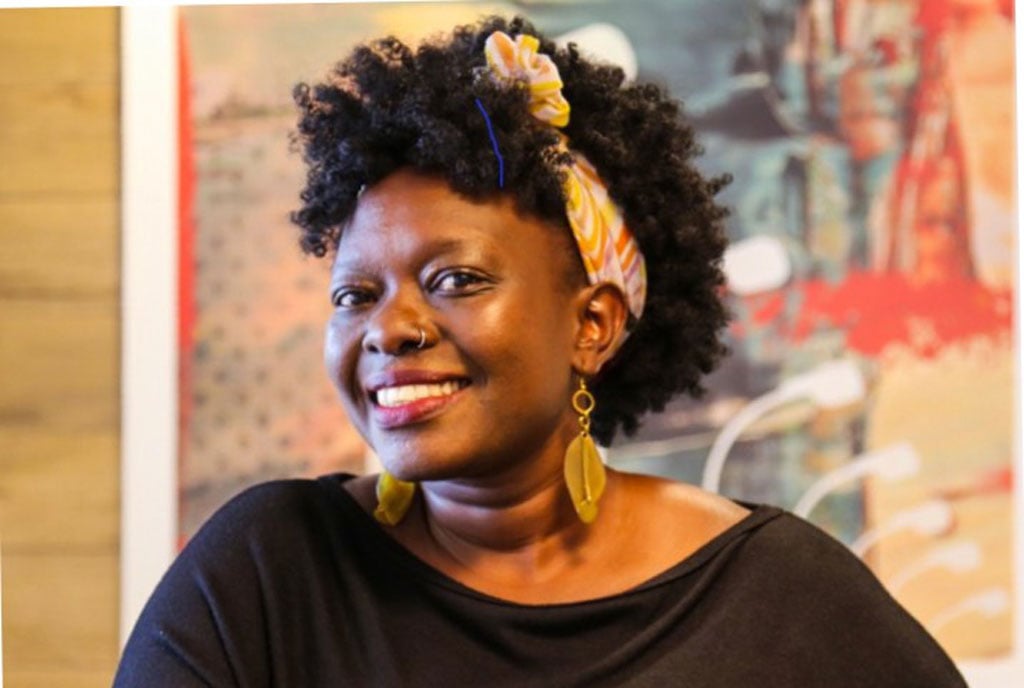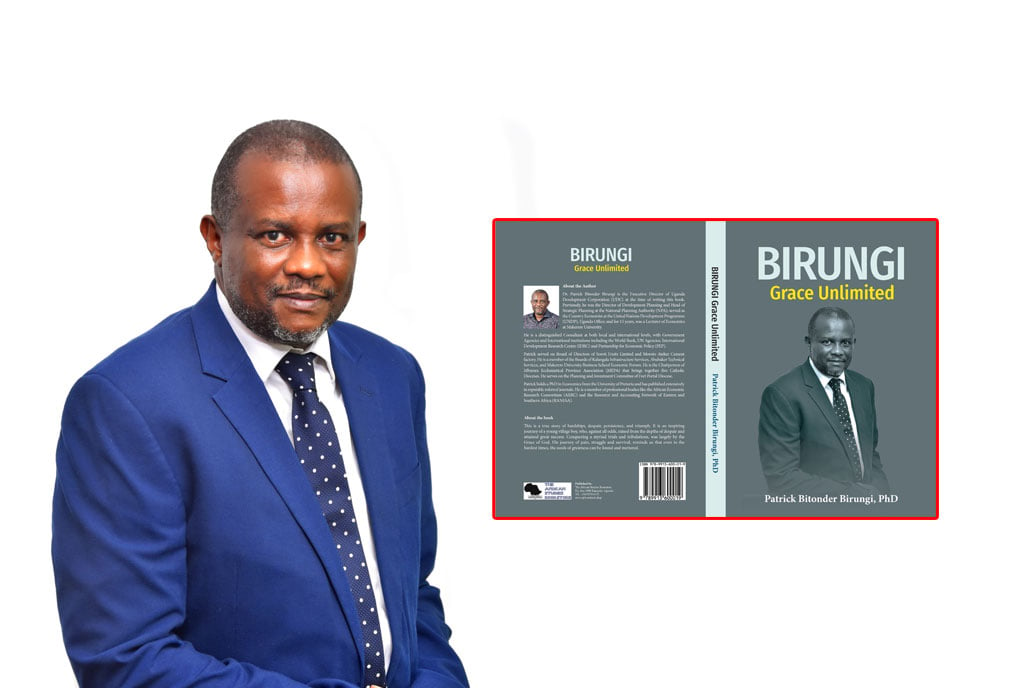Prime
Self-publishing is more rewarding, but involves a lot of legwork

Lucie Chihandae
What you need to know:
- I spent seven years writing The World is Ours. It was a blog post in 2009 that I fleshed out for a short story competition, says Lucie Chihandae.
Set in several African countries, the Middle East, Europe and the US, The World is Ours has reach as well as depth. That is what makes it such a enthralling, memorable coming of age tale.
By its telling, the reader will be introduced to the intercepting lives of three protagonists through a three decade period. At 741 pages, it is split into four parts. Each part carries the stories of the three main characters to the final part, where their fates collide. At this critical stage, promises must be kept, atonement must be made, forgiveness might be given and love might finally find its resting place.
“I can’t quite call The World Is Ours, a love story, because as much its overarching themes of love are heavily carved into the story, I find that it is a story of becoming. However, if we call it a love story, then I would say it is because in a world of situationships, humanity still longs for love that is tried, tested and true. It inspires hope,” the author said when asked about book’s central theme.
Lucie Chihandae, who published this ode to a better life in the United States, tells about how different it is being a self-published author in America.
Self-publishing in America
“I self-published The World is Ours under my media company 2Sistars Media, LLC, after doing thorough research on traditional or self-publishing outfits. The journey was both exhausting and exhilarating. I would say that there are many options out there, especially in the US for self-publishers to explore. The catch is they are expensive; from getting a book cover design, editing, proofreading, and finally distributing ... it is intensively involving,” she says.

She adds: “With self-publishing, you are sure to bag most of your royalties and you also shoulder the responsibility of marketing your book. Selling them at local events, on social media, collaborating with local book stores and making sure to get them into your local library your local niche market groups and universities, it is a lot of legwork. These would be the challenges a self-publisher would face.”
US reading culture
“I cannot speak for the US generally, but for the state I am in, I would say reading is a popular culture. There are coffee shops given to promoting the reading culture, selling what you would call ‘indie’ books, there are a number of book events promoting books around topical issues or book clubs that people attend regularly. Local libraries have children reading clubs, with a lot of children and young adult books on their shelves. It is estimated that more educated Americans will read a book. It is also noted that ebooks are popular, especially on public transportation. But I would think paperbacks are still popular because big franchise stores such as Barnes and Noble have been standing for decades, cradling mountains of books as more and more people churn out stories each year. Americans spend an excess of Shs367,200 or approximately $100 a year on books,” Chihandae says.
How long she took writing
“I spent seven years writing the World is Ours. It was a blog post in 2009 that I fleshed out for a short story competition and when it was rejected, my sister suggested that I consider expanding the story further. In 2015, I started from the end of the book and stopped and then in 2018, I started from the beginning, as the story took more shape in my mind. I finished it in 2020 and spent a year editing it, with the help of my sister, Dorothie, who is an editor. I then passed it on to a proofreader around mid-2021 for the final stamp,” says the author.
Fear factor
“Writing The World is Ours scared me because I dared to write a story I could only dream of. The research was astronomical and the biggest challenge, especially of cultures I did not know of well, of time periods that had to be exact, of certain events and practices and political narratives that required interviews and conversations with hard-to-reach people. That process paralysed me in 2017 and 2019. However, the story stubbornly clung to me, so I charged on,” she adds.




